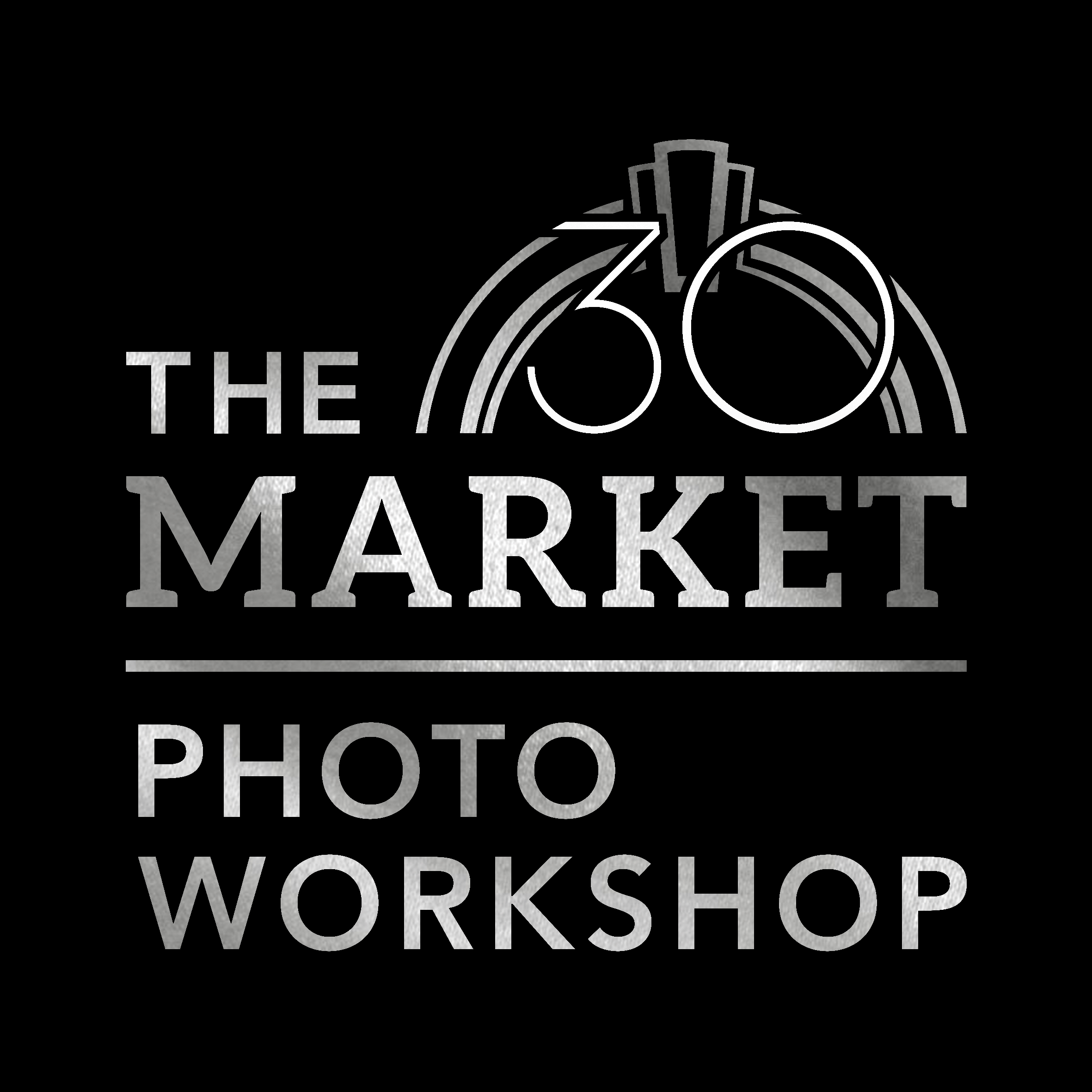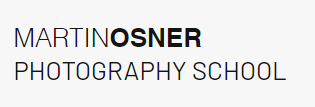The Foundation Course is a 10-week introductory course aimed at those with basic or no experience in photography. It offers a comprehensive introduction to practical/technical know-how in both digital and analogue photography as well as theoretical knowledge in visual literacy and professional pract

Summary
The Foundation Course is a 10-week introductory course aimed at those with basic or no experience in photography. It offers a comprehensive introduction to practical/technical know-how in both digital and analogue photography as well as theoretical knowledge in visual literacy and professional practice.
The Foundation Course is designed to provide you with the necessary skills to photograph and process photographic images (in both analogue and digital format); develop a portfolio of work and enable you to assist a professional photographer under close supervision and mentorship.
You would also be able to photograph family and community events, for which you may be able to negotiate the payment of modest (i.e. small) sums of money. You would however NOT be in a position to charge professional rates for your work, or work directly with a professional client or manage a professional brief independently. These are skills that you will be developing in greater depth in the context of our Intermediate Course.
Outcomes
While there is a lot of thinking, reading, discussing and debating involved in the course, we believe strongly that the knowledge you acquire must be evident in the work that you actually produce as a photographer. Therefore we seek to measure your learning on the course through tasks that are practical and applied.
By the end of the Foundation course you will be able to:
Modules
Technical Practice
Through this module you will be introduced to the theory and practical aspects of both digital and analogue photography. You will learn how to use the DSLR camera on manual mode using available light without using a flash. In analogue you will be introduced to how the mechanics of an analogue camera works, how to load film, process it and print a black and white image in the darkroom. Technical terms such as ISO, aperture, depth of field etc are also discussed and thoroughly explained.
Post Production
This is an introductory module to digital image management and enhancement by using Adobe Photoshop. Adobe photoshop is a software used to do adjustments on an image. A facilitator will guide you into carefully using the software tools to enhance your images and do minor adjustments on them. You will also learn how to use the software for digitally printing your images. Ethics in image manipulation are also discussed and debated in post production sessions.
Visual Studies
The module introduces you to essential concepts of visual culture and the basic elements of visual literacy. Students in Visual Studies sessions perform basic analysis of photographic imagery in relation to form, content and context. Students are regularly required to demonstrate visual literacy by verbal presentation and written (research) assignments.
Professional Practice
Professional Practice at a foundation level introduces students to the broad field of the profession of photography. Students are introduced to possible avenues that photographers use to generate income for themselves and the rates they charge for their services. An emphasis is made on a photographer being a freelancer.
Most of the module focuses on how to write and format basic professional communications (quotes, invoices and emails) and basic self-marketing material (decent portfolio, resume and bio). Students are encouraged to develop essential professional skills (punctuality, time management, reliability) when dealing with clients.
Visual Narrative
The major part of being a photographer is to tell stories using a set of images. Visual narrative module introduces students to techniques, principles and methods of effective visual storytelling. Students are given a task to research and produce a short visual narrative using photography skills and knowledge they have learned in the Technical Practice module.
The facilitator on a weekly basis guides students on how they can better visually articulate their stories. S/he will suggest visual material and photographers that the students can research that closely relates to their chosen visual narrative. This project forms a major part of their Foundation Course.
Applied Photography
The module tests student’s ability to apply technical photography skills in a meaningful way. Students are assessed through assignments that are designed like a real life brief from a client. It is required of students to apply all learned technical skills and visual literacy knowledge. Assignments are practical, exciting and as close to reality as possible.
Assessment
The Market Photo Workshop employs a comprehensive approach to assessment that is focused on ensuring that you, the learner, are able to acquire the skills and knowledge needed to be a photographer.
Each session that we have planned (outlined below) involves learning something new, and through observation and demonstration, the MPW trainers and co-ordinators are able to support you in ensuring that you achieve these results for each session. Each week there is also an ‘Assessment Focus’ session that concentrates on ensuring that you have grasped all the various conceptual, technical and practical skills that you have been exposed to in that week.
For your final assessment, you will be required produce a body of work in order to demonstrate that you have grasped the basic technical/practical skills outlined above. This body of work will be presented in portfolio format, and as a small exhibition.
Your portfolio and exhibition will be accompanied by written tasks aimed at demonstrating your grasp of the professional practice and visual literacy aspects of the course and you will be required to do a brief verbal presentation of your work. Reports will be issued to each of you after week 7 indicating whether you have achieved all the outcomes, and identifying areas of strength and weakness in your work.
Methodology
Each week is structured around a range of sessions that involve both intensive contact time with trainers and course coordinators, as well as for students to have the opportunity to work independently, photographing and processing photographs, working in the computer lab, and spending time in the library.
Each session with facilitators involves an exciting and stimulating mixture of delivery methods aimed at ensuring that you emerge from the course able to confidently and independently apply the skills and knowledge that you have acquired.
Students will be able to communicate with confidence, start up independent photography businesses, work in Photoshop and Lightroom, be able to navigate social media and use it as a branding tool, work confidently in the studio, and learn how to control light in any situation.
Students have the opportunity to conceptualise a project, learning how to create a project proposal, budgeting, and creating an exhibition, enabling them to apply for funding opportunities within the photography industry.

he Food Photography Course is to prepare participants that enrol in the course to acquire competence in the production of well composed and thought-out images using digital cameras for the production of high-quality Food Photography.

Macro photography is extreme close-up photography. It is usually of very small subjects and living organisms like insects, in which the size of the subject in the photograph is greater than life size.

Whether you want to take pristine product pictures for your next marketing campaign, sensational shots for your blog or striking snaps on your next globetrotting adventure – you’ve come to the right place. The Photography Essentials course will teach you the basics of photography for any purpos...

Fashion photography workshop on lighting and flash techniques in a full studio setup with a professional model

If you're interested in learning advanced techniques for capturing stunning photos of forests, landscapes, and seascapes, this course is a must! Presented during a season change or in winter when the weather is best for outdoor photography, it offers excellent natural lighting opportunities.
© 2025 coursetakers.com All Rights Reserved. Terms and Conditions of use | Privacy Policy